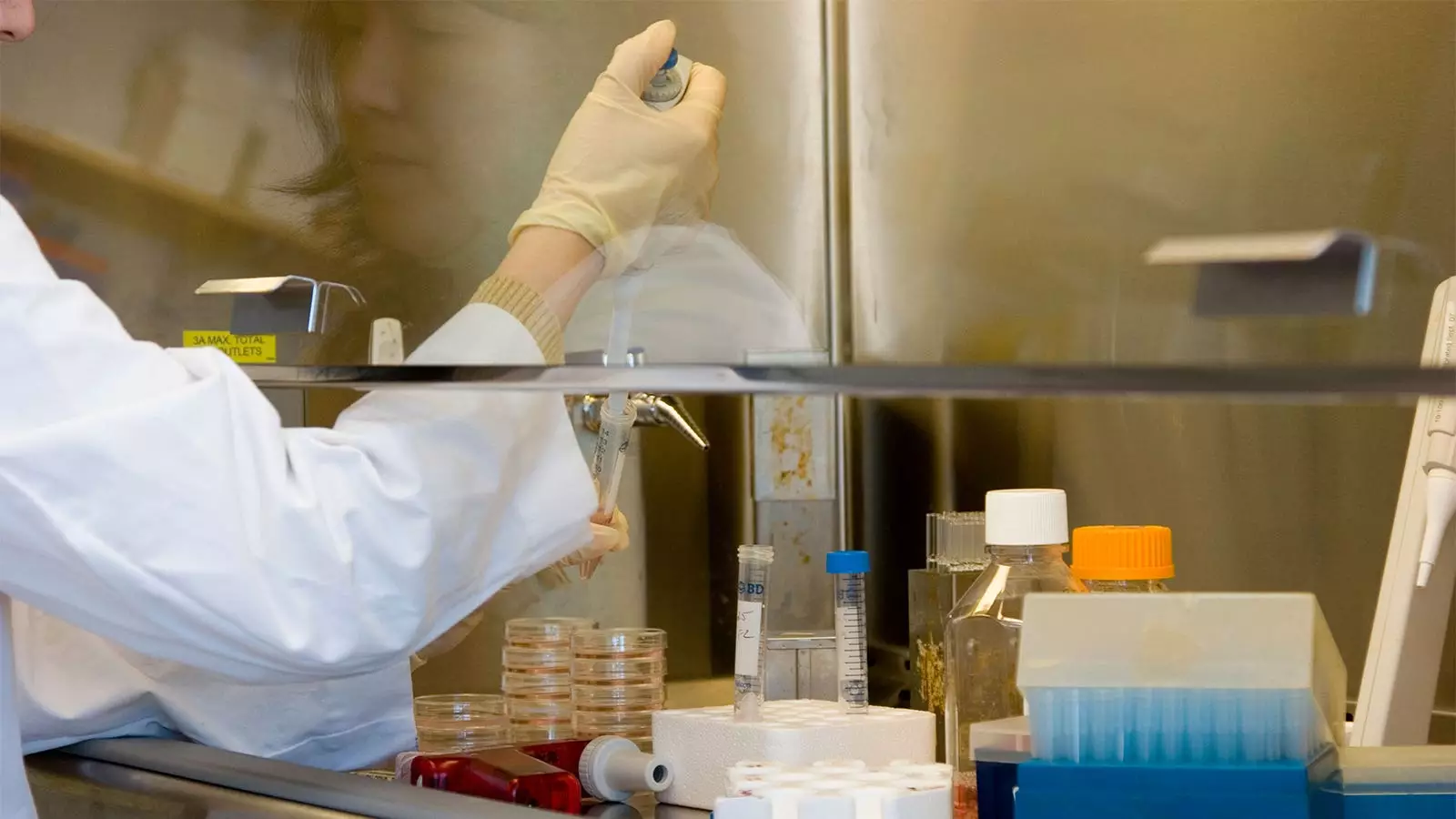Recently, the FDA issued a warning to the maker of an allogenic, adipose-derived stromal vascular fraction (SVF) product, notifying them that their product is considered a drug and a biologic. The FDA stated that the product, named Ayama, must be regulated as such due to several violations of current good manufacturing practice (CGMP) requirements.
One noteworthy aspect of Ayama is that it is an allogenic SVF product, whereas adipose-derived SVF products are typically autologous. This difference in composition sets Ayama apart from other products on the market, making it a unique case in the field of regenerative medicine. Stem cell biologist Paul Knoepfler highlighted this distinction, emphasizing the rarity of allogenic SVF products in the industry.
The FDA’s warning letter to Akan Biosciences, the manufacturer of Ayama, cited specific violations related to the CGMP requirements. These violations included the failure to screen donors for communicable diseases such as HIV and hepatitis C and B. Additionally, the FDA noted that the product did not meet the criteria for classification under the “361” human cell, tissue, or cellular or tissue-based product (HCT/P) pathway due to issues with minimal manipulation and homologous use criteria.
In response to the FDA’s warning, Akan Biosciences initiated a voluntary recall of Ayama in September 2022. However, the FDA deemed the company’s response inadequate and expressed concerns regarding the safety and regulatory compliance of the product. Despite the FDA’s efforts to crack down on unapproved regenerative medicine therapies, some manufacturers continue to face challenges in meeting premarket approval criteria and adhering to regulatory standards.
The FDA’s actions against Akan Biosciences underscore the agency’s commitment to ensuring the safety and efficacy of regenerative medicine products. As the field continues to evolve, manufacturers are expected to adhere to stringent regulatory guidelines and address any compliance issues promptly. The case of Ayama serves as a cautionary tale for companies operating in the regenerative medicine space, highlighting the importance of regulatory oversight and adherence to CGMP requirements.
Overall, the FDA’s warning to Akan Biosciences highlights the need for vigilance and compliance within the regenerative medicine industry. As the regulatory landscape continues to evolve, manufacturers must prioritize safety, quality, and transparency to ensure the integrity of their products and safeguard patient well-being.

Leave a Reply